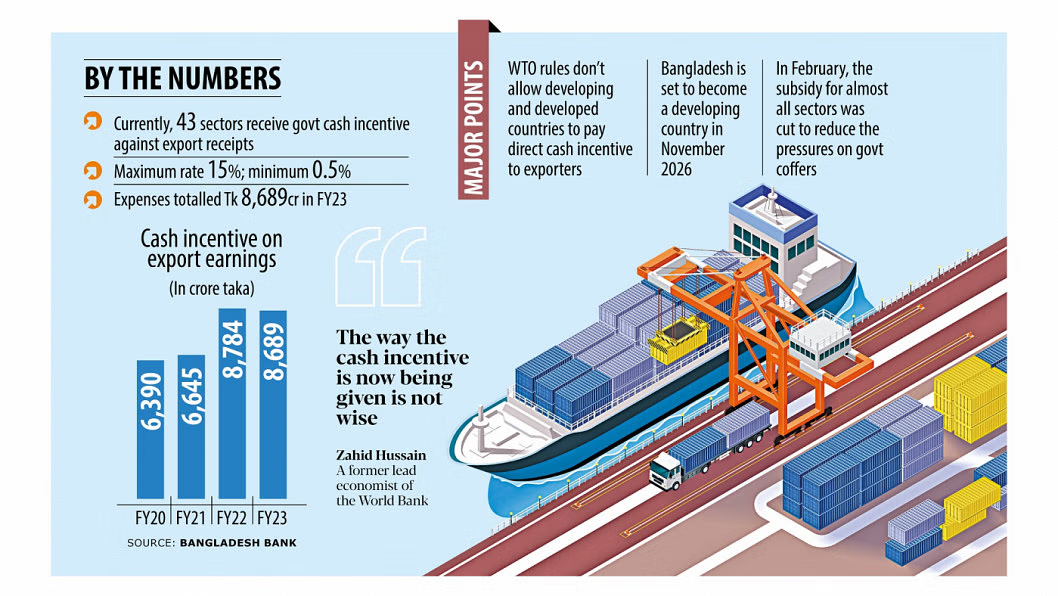South Asian countries are a hub of garment manufacturing – with 7 among the top 10 apparel producing countries. This hub is struck hard by the COVID-19 for most of 2020. Almost creating a pause in the entire supply chain. Against this backdrop, a recent report by the International Labour Organisation (ILO) is showing that the readymade garment (RMG) industry will see more automation in the immediate future to get out of this.

The study titled, ‘What next for Asian garment production after Covid-19’, in an attempt to discover the dynamics of changes to production practices in Asia due to the Covid-19 outbreak.
The conducted qualitative study by ILO back in July this year with 16 apparel industry experts. This provides an important outlook from a community that recognizes the industry well and will be front and center of decisions shaping its future in the post-COVID-19 era, said ILO in its executive summary of the report.
Garment manufacturers in Asia, the industry’s largest global hub for production, have been badly hit by the COVID-19 pandemic.
Scores of factories have been forced to close down their operations either temporarily or permanently, with millions of garment workers jobless.
The pandemic exposed the acute volatility of the supply chain and structural discriminations.
Although longstanding to the sector, gave exposure to the fragility and of the garment supply chain, something that has led those in the industry to once again question its future viability.
The study titled, ‘What next for Asian garment production after Covid-19’, in an attempt to discover the dynamics of changes to production practices in Asia due to the Covid-19 outbreak.
As it gave ironclad proof that retailers and buyers can easily walk out of any responsibility to mitigate financial losses and in case of declaring bankruptcy, paying dues to suppliers comes least of their priorities.
Amid all these murky practices in the apparel supply chain, the ILO report shows that the immediate future belongs to more and more automation to reduce cost.
The study depicted that bigger and more professionalized manufacturers/factories will sustain and upgrade technological investments, letting them be more efficient and faster in production with less cost.
At the same time, lesser factories may be incentivized to a renewed ‘race to the bottom’ to appeal to buyers that are looking to cut costs to balance financial losses suffered during the COVID-19 pandemic.
The RMG industry will likely hasten the adoption of technology, especially of digital and analytical tools, thus enabling faster and more efficient production among already more professionalized manufacturers.
Most worryingly, members of the ILO study agreed that RMG workers in Asia will likely see increased instability and competition for jobs in the coming future with a likely worsening in working conditions in end factories, where social compliance investments are reduced. This scenario will likely result in fewer participants from women workers in the push for more profit.
Though the ILO study expects that in the long-term, the pandemic might result in an expansion of social protection measures in several Asian countries as governments will invest in new social contracts to boost economic flexibility and protect working people from the future shocks.
But it is also a hard reality that amid the pandemic, the working-class in most of these countries were left to fed themselves with very little support. Making a challenge for a sustainable life standard for the lower tier.
















